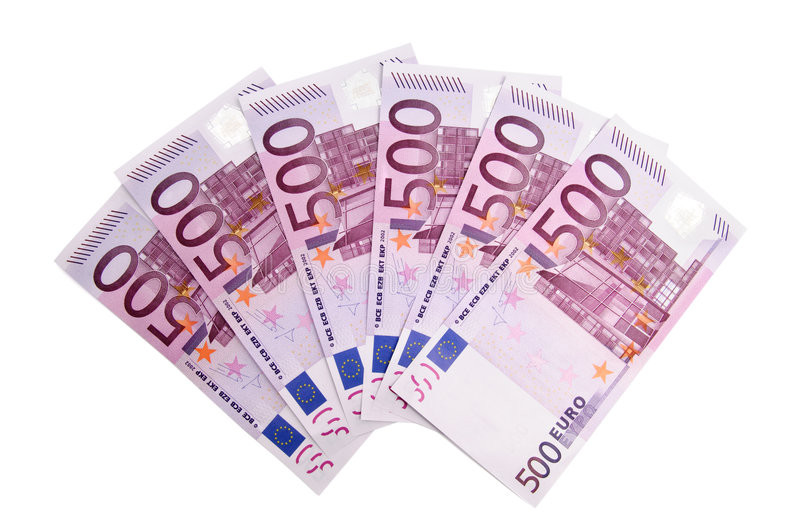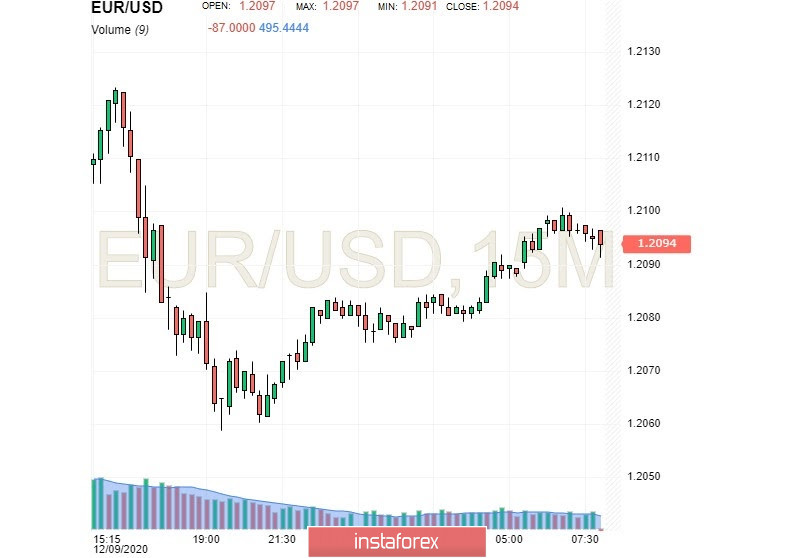
The main topic for today is about whether the European Central Bank will keep the single currency strong or will it do its best to weaken it? Many experts believe that euro's strength is unfavorable to the central bank, as it negatively affects the Eurozone economy.
The market is currently standing still and nervously waiting for today's ECB's meeting, from which a decision on the interest rate should be made. Investor interest is supported by the fact that ECB's head, Christine Lagarde, admitted earlier the possibility of changes in the current monetary policy. Now, market participants are asking the question: if the central bank weakens the euro, what will it gain? According to experts, the advantages of the euro's decline are clear. The cheapening of the single currency promotes export goods and low inflation, while a strong one puts these aspects at risk.
The European economy being flooded with money is a catalyst for the euro's growth. This year, EU countries have introduced incentive measures aimed at supporting the European economy affected by the COVID-19 pandemic. American regulators took similar seps, which contributed to increased pressure on the US dollar. This occasionally provoked an imbalance in the EUR/USD pair, which overcame the level of 1.2100 despite the current difficulties. However, this pair slightly lost its position before the ECB meeting. This morning, it was trading near the range of 1.2093-1.2094, trying to further rise.

Experts believe that euro's recent growth was not only due to the USD's weakness, but also due to the rising inflationary expectations. With the euro appreciating, the eurozone economy stalls, and this makes the ECB worried. At the moment, experts are recording deflation in several European countries, while the average inflation rate is within 1.64%. The target of the European regulator is a level close to 2%, which is planned to be reached in the medium term.
On another note, increasing the quantitative easing (QE) program remains to be among the possible actions that the ECB is ready to take and so, most analysts are inclined towards this option. Currently, the rate of quantitative easing in the Euro area is about €100 billion per month. It should be noted that the ECB's balance sheet increased by €2.1 trillion this year, exceeding €6.8 trillion.
The market expects the regulator to add an additional €500 billion to the bond buyback program. If this scenario is implemented and interest rates remain unchanged, the current situation will remain the same. The euro is only threatened by possible statements about its overvaluation, which experts say that could lead to a long-term correction of the single currency and deterioration of its long-term prospects.
Drastic changes in EUR dynamics require more decisive actions, such as moving the key rate to the negative zone. However, the regulator is unlikely to take such measures, since its effect is doubtful. Another decisive scenario involves increasing the QE program by more than € 500 billion and exceeding the inflation rate by more than 2%. Analysts warn that the implementation of such measures will increase pressure on the euro. They also do not rule out a sharp and long-term decline in the single currency after the meeting of the regulator, but they expect the situation to stabilize.
 English
English 
 Русский
Русский Bahasa Indonesia
Bahasa Indonesia Bahasa Malay
Bahasa Malay ไทย
ไทย Español
Español Deutsch
Deutsch Български
Български Français
Français Tiếng Việt
Tiếng Việt 中文
中文 বাংলা
বাংলা हिन्दी
हिन्दी Čeština
Čeština Українська
Українська Română
Română

